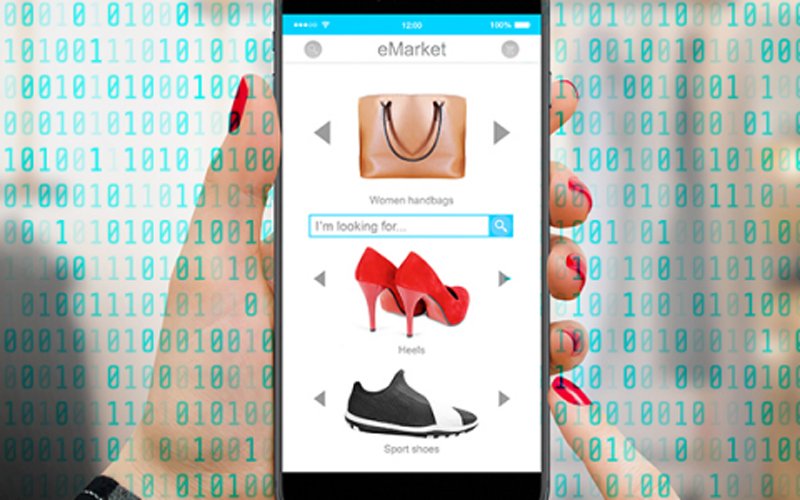
The consumer goods landscape is undergoing a seismic shift, with changing consumer preferences, rise of D2C brands, and meteoric growth in online shopping boosted by the pandemic. Personalized experiences (product interactions through immersive experiences, product recommendations, marketing efforts or products themselves) are becoming key to driving strong consumer brand loyalty and paving a path for sustainable growth.
Amidst all this, Capgemini in a recent report has defined the importance of predictive personalization and its importance in making customer journeys tighter in the new normal. Predictive personalization is defined as the process of leveraging customer data to create individualized, relevant, and unique interactions and shopping experiences for consumers by steering their experience through pertinent consumer journeys. And it has made huge inroads across the business, especially in the CPG and Retail industry.
A Neilsen study says that globally, around 30K new products are launched annually. Traditional differentiation tactics like strategic pricing, promotion, or product range are no longer significant, while unique tailored experiences are.
New-age tech driving customer experience
A highly tailored and customized personal experience, when scaled to millions of consumers, creates a sustainable competitive advantage for brands since it is difficult to mimic. And new-age technology will play a key role in driving the personalization experience in the future:
- Stores of the Future. AI is driving high levels of personalization through facial recognition, biometric sensors, virtual trial rooms, and product tryouts through AR/VR. The CornerShop store in London offers the Purposeful Shopping Guidance feature, where its mobile app, connected packaging, AR, and digital screens allow customers to share their preferences, intolerances, and sustainability goals, which the store uses to guide them towards desired products.
- Machine-Learning Personalization. This AI-driven method creates personalized interactions for customers at a granular level. CPG and Retail brands are using analytical models, tools, and processes to make sense of their data and develop geographically relevant insights, as well as techniques like competitor product interaction such as predictive shopper behavior and cross-price elasticity. Schmidt’s Naturals (owned by Unilever) is a skincare brand that uses an AI platform Alexander to leverage first-party data to respond to customer needs.
- Personalized products and experiences. Brands are now allowing consumers to personalize products and experiences to drive loyalty by creating a sense of ownership. Nike recently pushed this game further with the Nike by You initiative by allowing users to personalize products like shoes and clothes. It launched a 3D sneaker customization platform that allows consumers to generate real-time snapshots of what the end product would look like.
–Anurima Das








